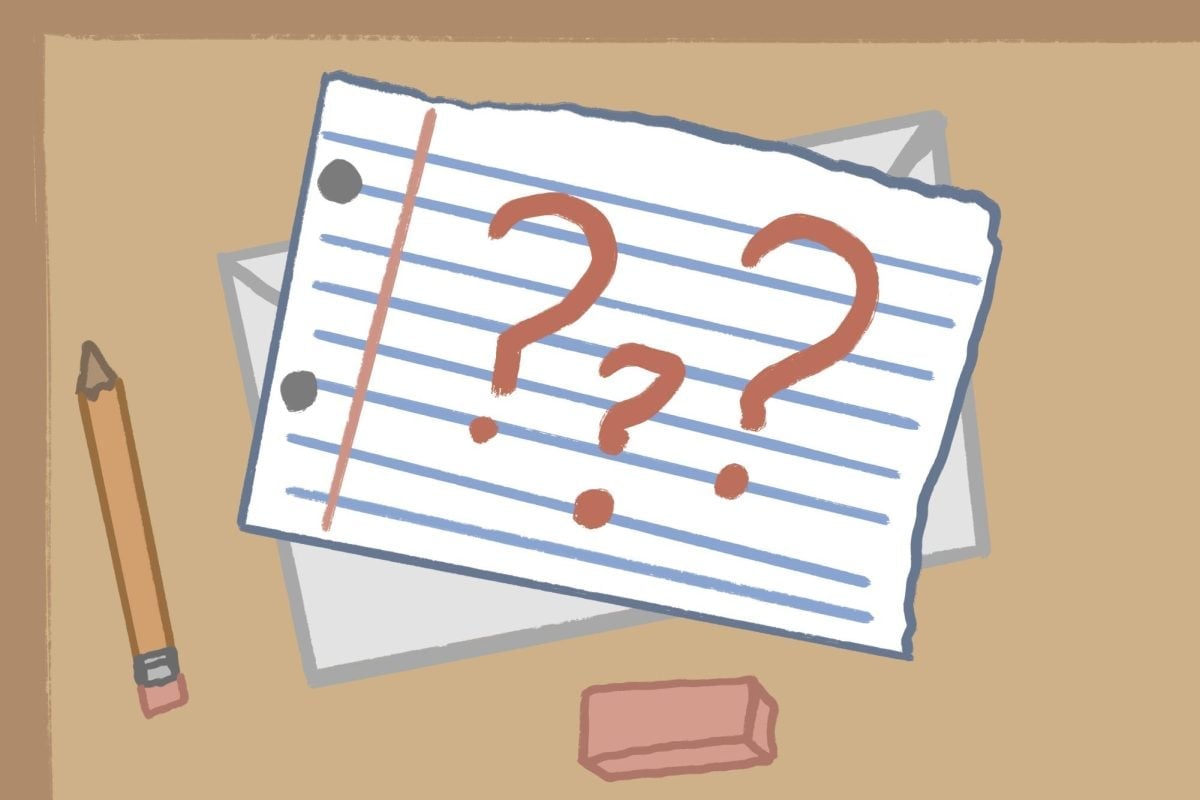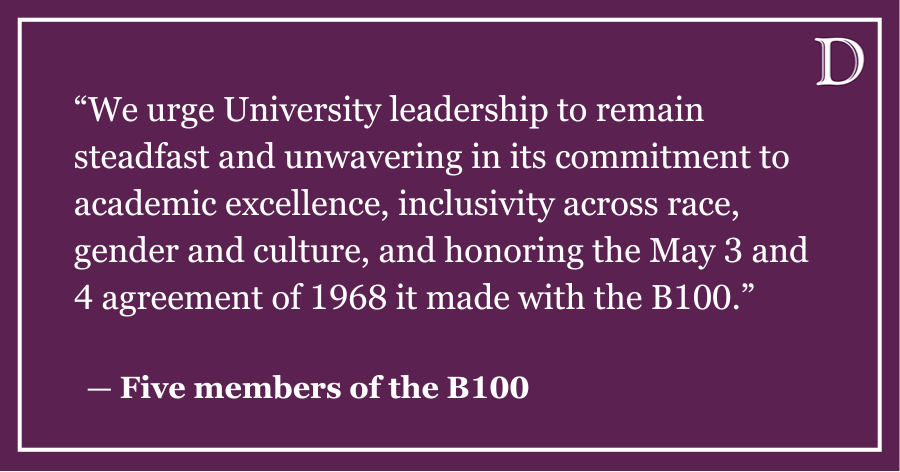The election of Pope Leo XIV excited me in ways that aren’t religious — I appreciated the contrast of the Chicagoan pontiff who spent his career in some of the poorest parts of South America against an American president whose various careers are defined by a sinful quest for power. I was excited, too, by the new pope’s friendship with the late Pope Francis.
But what struck me in the days that followed the conclave was a reminder of the power of institutional hope — a sentiment I most recently shared last summer, when Kamala Harris began her 107-day campaign for the presidency with nothing but a simple, joyous juxtaposition.
Politics that summer were about the issues — inflation, immigration, abortion, sure. But before messaging became about how the other side threatened your way of life, it was about choosing to have faith in our country’s democratic rituals — our shared freedoms, and, indeed, the “soul of this nation.”
The 2024 election was supposed to show that our institutions were legitimate, that they were working to preserve our democracy. In the beginning, the fight was between a positive, faith-fueled campaign and a sequel to the MAGA movement’s hate-filled political experiment. And for some reason back then, it felt like we were poised to win.
I am not a Catholic, nor a “man of faith” in the Vatican’s context. To me, “faith” is merely a belief in something — anything — larger than oneself. It’s what gives us purpose and the will to carry on — faith is rarely truly imposed, and it occurs individually.
The death of the pontiff is, above anything, a moment of faithful uncertainty. The Holy Father’s mortality calls attention to our own — and the defining question of existence that the religion’s mission is to answer, with a level of certainty that has convinced billions in history.
To reconcile this, the Church puts an unwavering faith, not in their God alone, but preeminently in the Cardinals’ small democracy. To 1.4 billion, the outcome of their decision and the process by which they come to it should be infallible — the sanctity of the vote, unquestionable, and due to its condition of sworn secrecy, the results emerge unadulterated by bad actors who seek to capitalize on it.
In this country, we keep telling a different story. A recent Gallup poll found that only 34% of Americans are satisfied that democracy is working in the United States, up from a record-low 28% last year. In other words, we have lost faith in our democratic institutions — the very basis on which the legitimacy of our republic lies.
There is plenty of fallibility in our nation and democracy — its many shortfalls cannot be resolved by a simple translation of Catholic purity. It is also true that as Trump overhauls the structure of the federal government, hires sycophants to go after his political opponents and attacks liberal institutions, there is little to convince citizens to trust in government right now.
But what the Catholic Church gets right about papal democracy is what it claims to get right about most things: “faith.” The election of the first American pope last week would be amusing if it weren’t so pertinent.
Beyond its longevity, the Catholic Church is not so different from our American experiment. As Americans have lost faith in government and democracy, people have likewise sought alternatives to the Church — due in part to accounts of its shielding clergy members amid allegations of sexual abuse, promotion of anti-LGBTQ+ rhetoric and the rise of atheism since the advent of the internet.
Yet, despite the consequences, there remains an unmistakable joy in seeing the white smoke billow out of the Sistine Chapel and the announcement of “habemus papam” — one we need to rediscover in our own democracy.
I channeled it as I watched the American pope introduce himself to the world last week. It was a reminder of the potential for collective faith we can have as engaged citizens — a faith that starts with our institutions.
Faith that the challenges we face can be surmounted, that we might still have good to impart on the world, and that, as a nation and as a people, God willing, we still have a purpose.
Aidan Klineman is a Medill sophomore. He can be contacted at [email protected]. If you would like to respond publicly to this op-ed, send a Letter to the Editor to [email protected]. The views expressed in this piece do not necessarily reflect the views of all staff members of The Daily Northwestern.

















